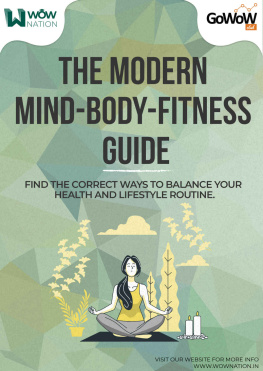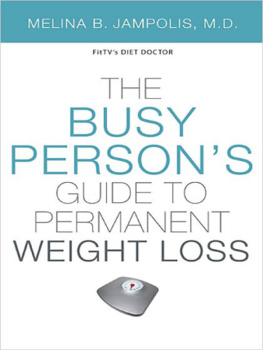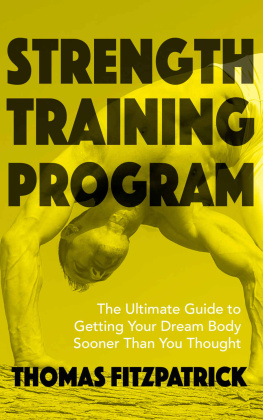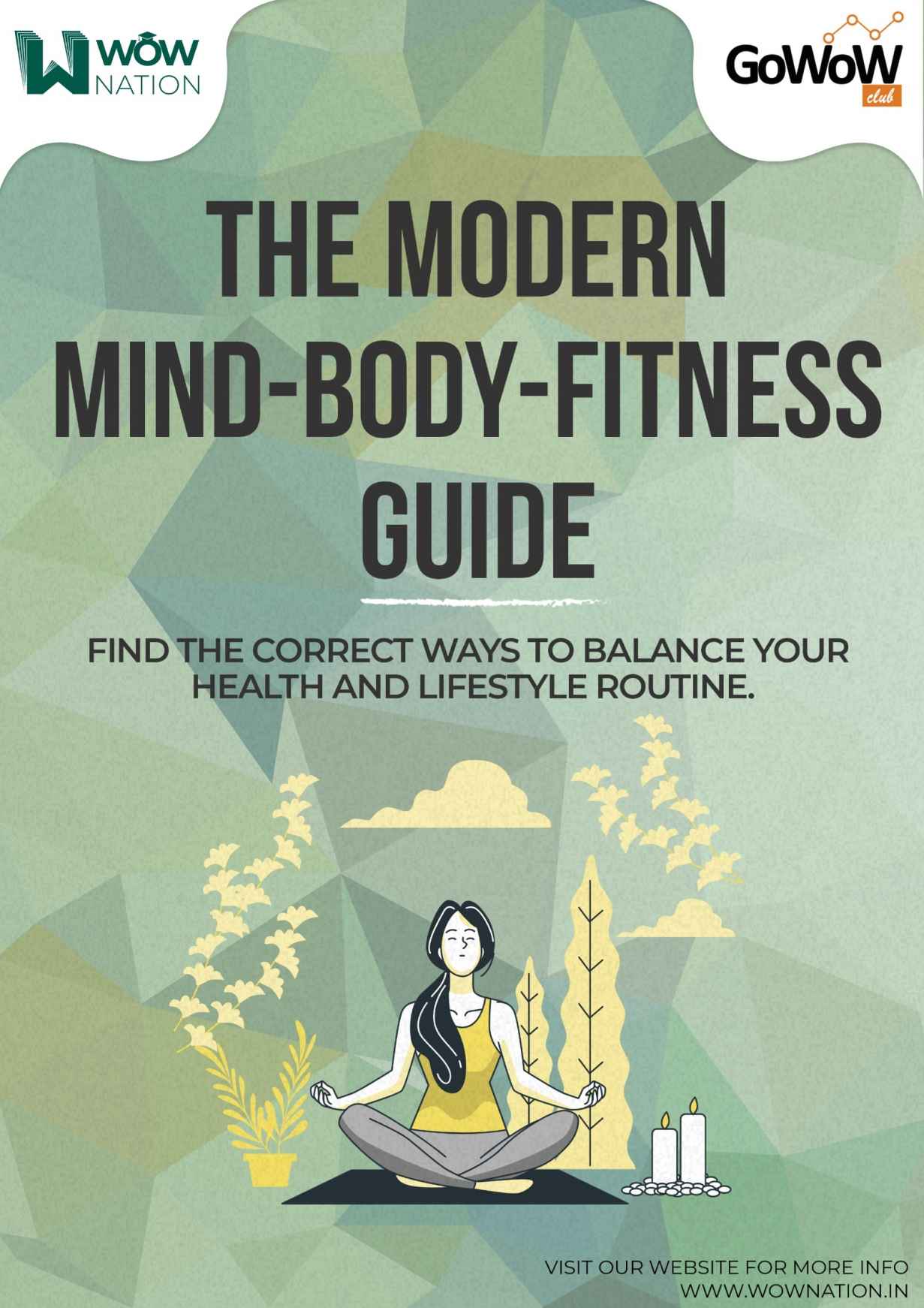
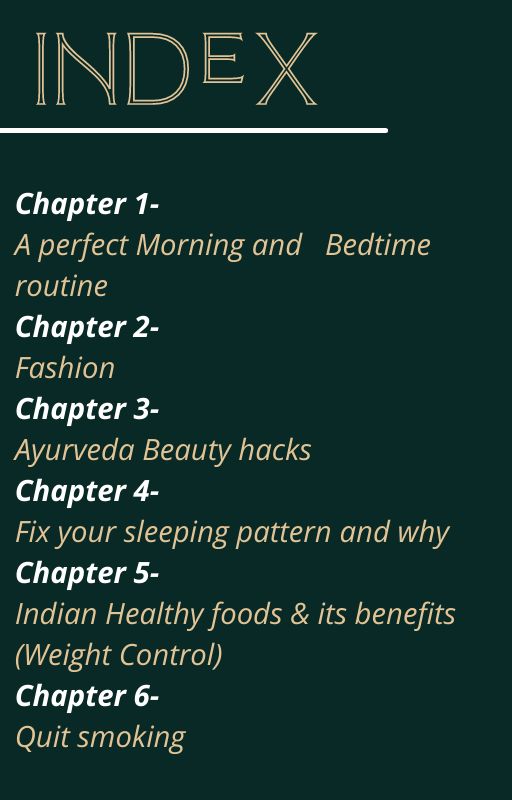
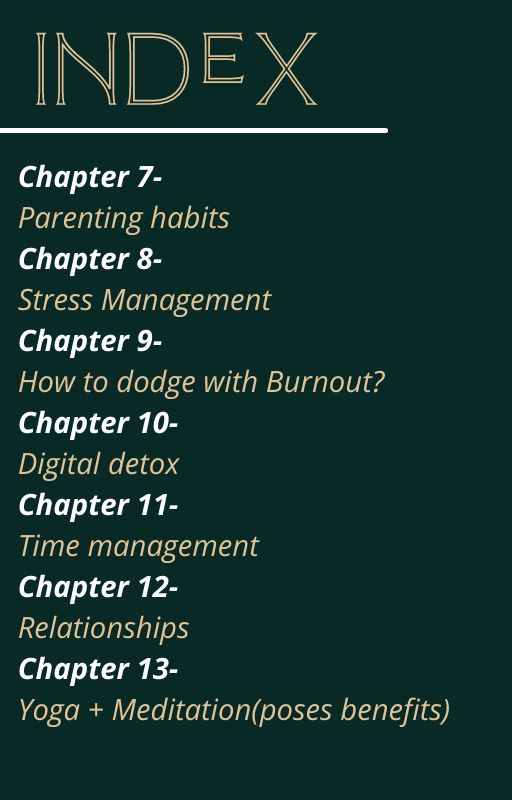
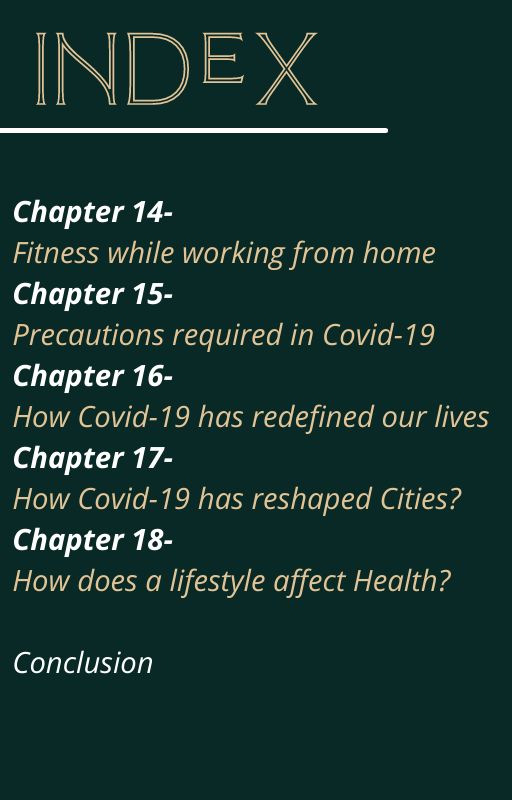

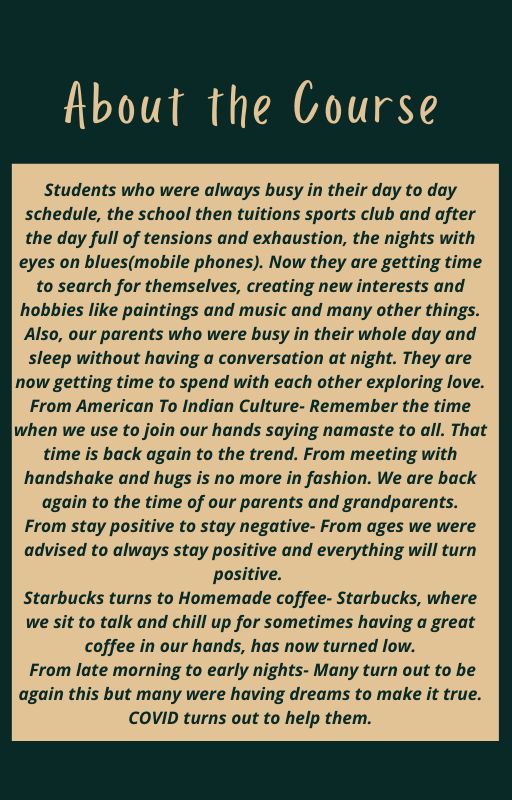
Chapter 1
A perfect Morning and Bedtime routine
Routines Put Our Brains on Autopilot
But what makes the routines of high achievers so powerful? As it turns out, we're creatures of habit and can use that to accomplish whatever we want. In The Power of Habit: Why We Do What We Do In Life and Business , Charles Duhigg details how habits put our brains into an automatic state where little or no willpower is required.
It works like this:
- Step 1: Something happens that serves as a cue to your brain, putting it into "automatic" mode. A simple example is waking up. When I wake up, my brain immediately knows that its time to turn on the coffee machine. This habit has been ingrained in my brain over years.
- Step 2: Execute the routine. This is where I actually turn on the coffee machine, wait for it to brew, pour it into my favorite mug, sit in a chair by the kitchen window, and finally drink the coffee.
- Step #3: Reap the rewards of the routine. The delicious flavor and high-octane caffeine reinforce the routine so that the next morning I repeat it again.
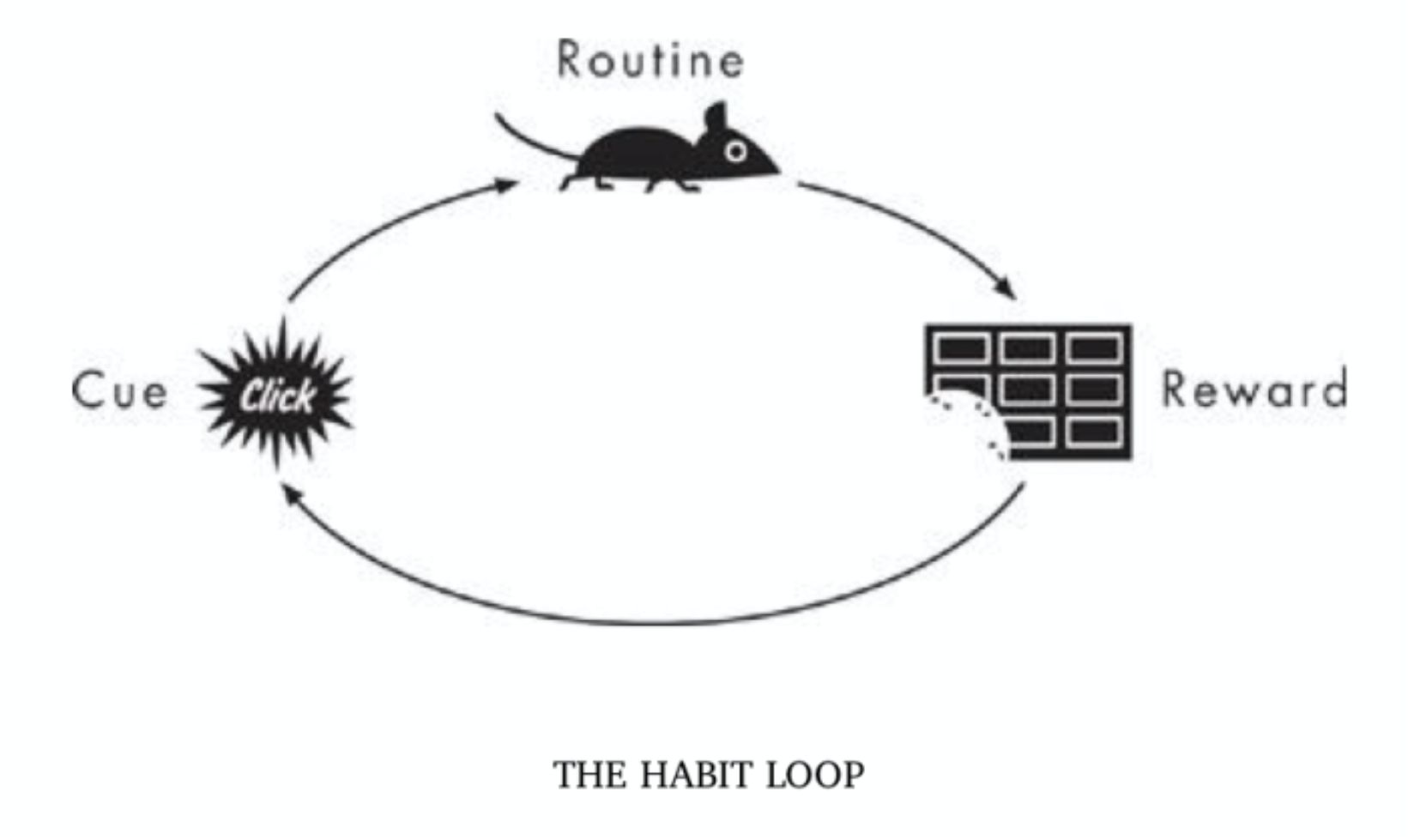
Making coffee is just one small routine, but the daily consistency of it helps keep me going. Imagine if other, more powerful tasks that can empower you to accomplish big things came as easy as making coffee?
This is the power of routines. The small repeated actions can have an exponential effect. By implementing routines in the morning and evening, you can prime yourself for maximum productivity each day.
Morning Routines to Help You Start the Day Off Right
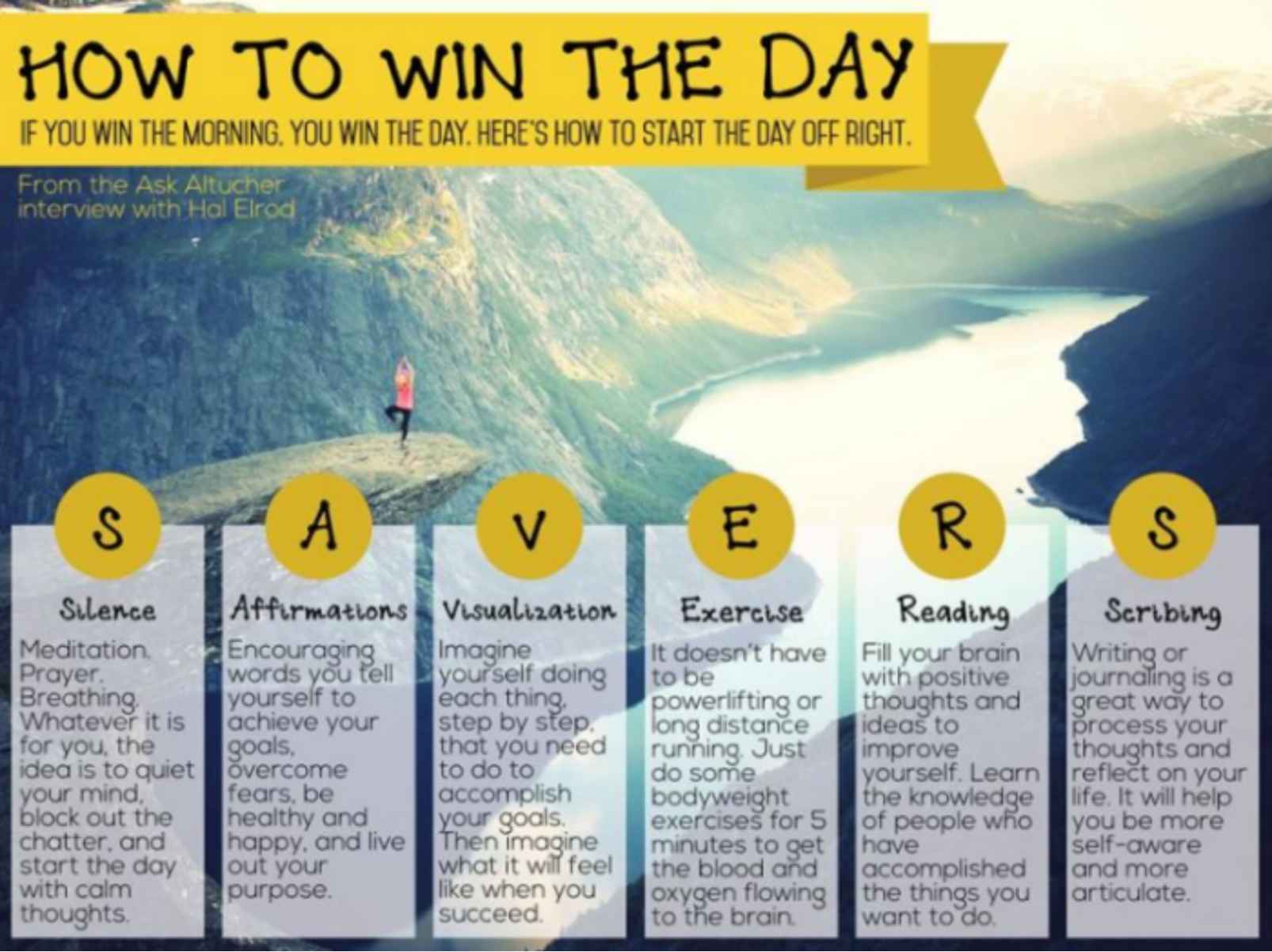
If you win the morning, you win the day
Ferris's and Robbins's morning routines both include meditation, while the routines of many others include starting the day off with a fresh cup of coffee. Regardless of your morning schedule, here are some of the best ways to start your day and prepare for success.
Rise Early
There are exceptions, such as Winston Churchill who liked to say in bed until 11:00 AM, but many high achievers rise early in order to prepare for the day. In those early hours, they can execute their routines while the rest of the world is asleep.
Consider these examples:
- Square CEO Jack Dorsey rises at 5:30 so that he can go for a six-mile jog.
- Virgin Group founder Richard Branson wakes at 5:45 to exercise and eat a proper breakfast.
- GM CEO Dan Akerson rises between 4:30 and 5:00 so he can talk to GE Asia.
- Apple CEO Tim Cook gets up at 4:30 so he can send emails and be at the gym by 5:00.
Even if they aren't naturally morning larks--the opposite of night owls--they've trained themselves to wake up early for the many benefits an early rise can bring. Those include increased productivity with fewer distractions in the early morning, greater creativity because you can work when your mind is fresh, and less stress if you use that extra time for meditation or quiet contemplation. It could make you happier, too: Researchers in one study found that morning-type individuals reported higher levels of positivity and well-being .
Tip: Even if you're a night owl, you can train yourself to become a morning person by waking up 20 minutes earlier every day and soaking in some sunlight as soon as you wake.
Make Your Bed
If there's one habit you should adopt to improve your life, it's making your bed every day. That, at least, is the advice from Navy Seal Admiral William H. McCraven:
If you make your bed every morning, you will have accomplished the first task of the day. It will give you a small sense of pride, and it will encourage you to do another task, and another, and another. And by the end of the day that one task completed will have turned into many tasks completed.
Making your bed will also reinforce the fact that the little things in life matter. If you can't do the little things right, you'll never be able to do the big things right. And if by chance you have a miserable day, you will come home to a bed that is made that you made. And a made bed gives you encouragement that tomorrow will be better.
It's all about the small things.
Recite Affirmations
Affirmations are positive statements you can use to reframe how you think about yourself and the day to come. They are a way of visualizing the good things that will come to you that day and overcoming negative self-talk.
In his book The Miracle Morning: The Not-So-Obvious Secret Guaranteed to Transform Your Life (Before 8AM) , Hal Elrod says:
When you actively design and write out your affirmations to be in alignment with what you want to accomplish and who you need to be to accomplish itand commit to repeating them daily (ideally out loud)they immediately make an impression on your subconscious mind. Your affirmations go to work to transform the way you think and feel so you can overcome your limiting beliefs and behaviors and replace them with those you need to succeed.
Some simple affirmations you could use are:
- I will do great things today
- I will make $XXX this year
- I am a highly respected [insert occupation]
- I am achieving [big goal]
Your aim is to affirm and visualize the things you want to happen. As you focus on these things, you begin to believe that you can and will achieve them, which then enables you to take action on them.
Although it might sound New-Age-y to some, affirmations are proven methods of self-improvement . As clinical psychologist Dr. Carmen Harra says. "Much like exercise, they raise the level of feel-good hormones and push our brains to form new clusters of 'positive thought' neurons."
Get some exercise
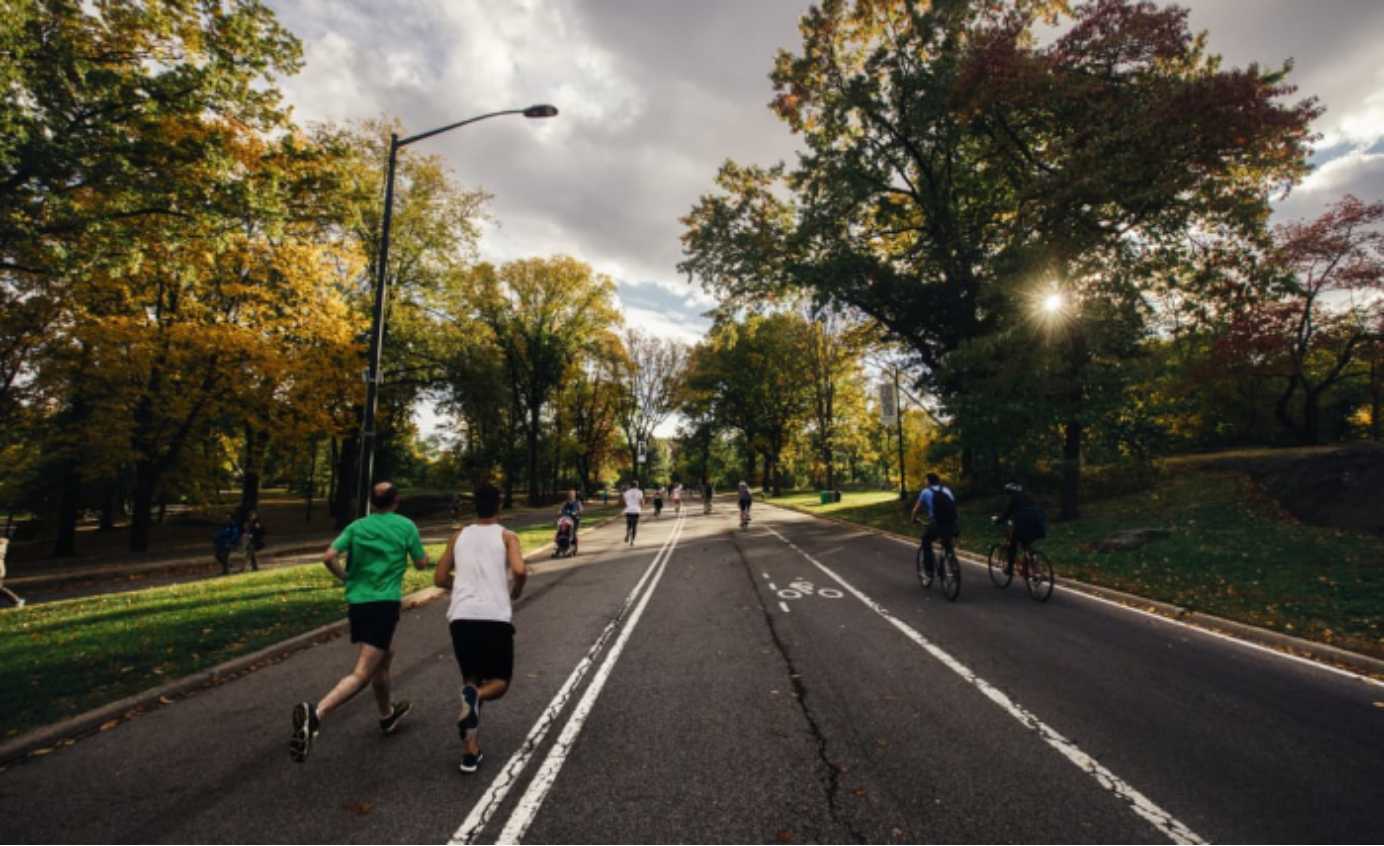
There are few things more transformative than exercise . Exercising in the morning increases blood flow, releases endorphins, and strengthens your body. It prepares you for the coming day, increases your overall energy levels, and helps you remain in optimal health. Numerous studies have shown that exercise is key in fighting depression and anxiety, and a Finnish study suggested that exercise is even correlated with increased wealth.
Implementing a daily routine of exercise will prepare you for maximum success through the day. And it doesn't even have to be a full gym workout to reap the benefits: A brisk walk in your neighborhood, a 7-minute workout , or a quick yoga session could get you going.
Need more motivation to get moving? Try tracking your activity automatically with Zapier, an app automation tool. With logs of your runs or workouts, you can see your progress and challenge yourself to keep at it.
Next page
